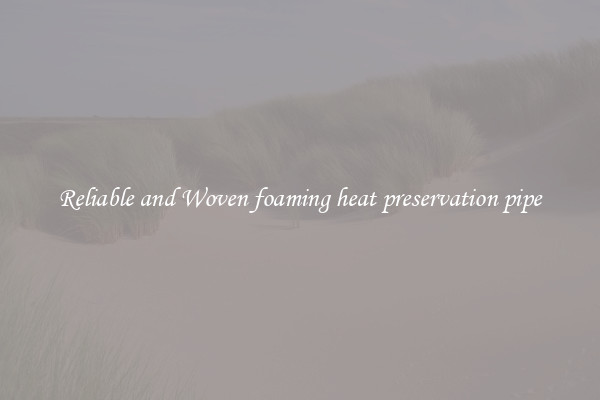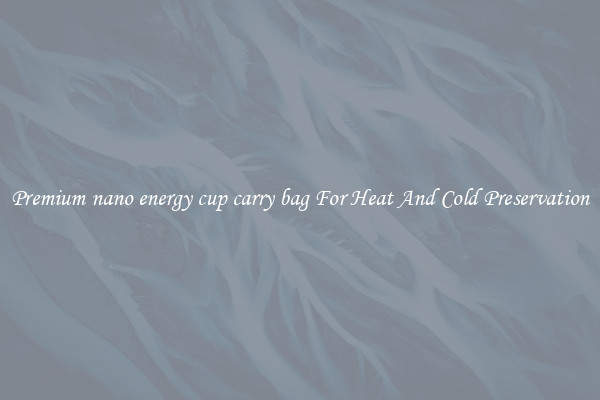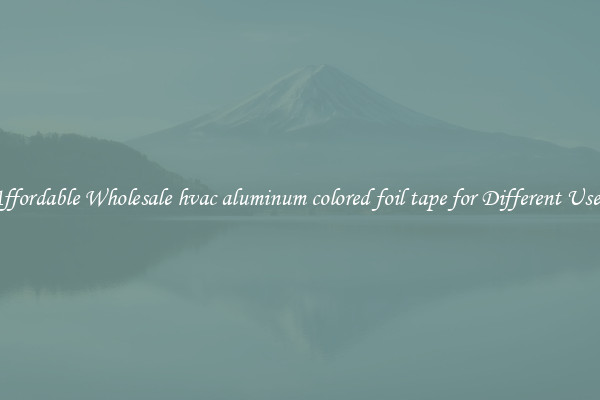Quality Heat Resistant Wire For Many Different Uses
Quality Heat Resistant Wire For Many Different Uses

Heat resistant wire is a versatile and essential component in various industries and applications. Whether for electrical, automotive, or industrial purposes, these wires are designed to withstand high temperatures without getting damaged or causing any harm. With advancements in technology, the demand for heat resistant wire has grown significantly, prompting manufacturers to develop high-quality wires that can handle extreme heat and provide reliable performance.
One of the primary applications of heat resistant wire is in the electrical industry. Electric wires need to be able to transmit electrical signals and withstand the heat generated from the current flow. In high-temperature environments, ordinary wires can melt or produce excessive resistance, leading to electrical failures or even fire hazards. Heat resistant wires are specially designed to maintain their integrity and conductivity even at elevated temperatures, ensuring safe and reliable electrical connections.
Another important application of heat resistant wire is in the automotive industry. With increasing demands for higher performance and efficiency, modern automotive engines generate more heat than ever before. The wires used throughout the vehicle, including those in the engine and exhaust systems, need to be capable of withstanding extreme temperatures and continuous exposure to heat. Heat resistant wires in automobiles help ensure the proper functioning of sensors, ignition systems, and other critical electrical components.
Heat resistant wires are also extensively used in industrial settings. Manufacturing processes involving machinery, furnaces, or high-power equipment generate immense heat that can affect the surrounding wiring. Consequently, heat resistant wires are used to connect components and control systems, guaranteeing reliable performance even under extreme temperatures. Industries such as steel, glass, and ceramic production heavily rely on these wires to enable efficient operations and minimize downtime.
The properties that make heat resistant wires suitable for such diverse applications are their exceptional thermal resistance, durability, and insulation capabilities. These wires are typically made from high-grade materials, including materials like nickel-chrome, copper, and stainless steel alloys, which have excellent resistance to heat and corrosion. Additionally, they are often coated with insulating materials such as silicone or polytetrafluoroethylene (PTFE), which provide excellent electrical insulation and further enhance their resistance to heat and chemicals.
When selecting heat resistant wire, it is crucial to ensure its compliance with relevant industry standards to guarantee its quality and safety. Reputable manufacturers carry out rigorous testing and adhere to international quality standards to ensure that their wires can withstand the specific temperature ranges and environmental conditions they are designed for.
In conclusion, quality heat resistant wire is an invaluable component in a wide range of applications, including electrical, automotive, and industrial sectors. These wires are engineered to withstand extreme temperatures without compromising their performance or safety. As industries continue to demand higher performance and efficiency, the need for heat resistant wire will only continue to grow, making it essential for manufacturers to develop wires that meet the demands of various industries and ensure reliable operation even in the harshest environments.

View details

View details

View details

View details








